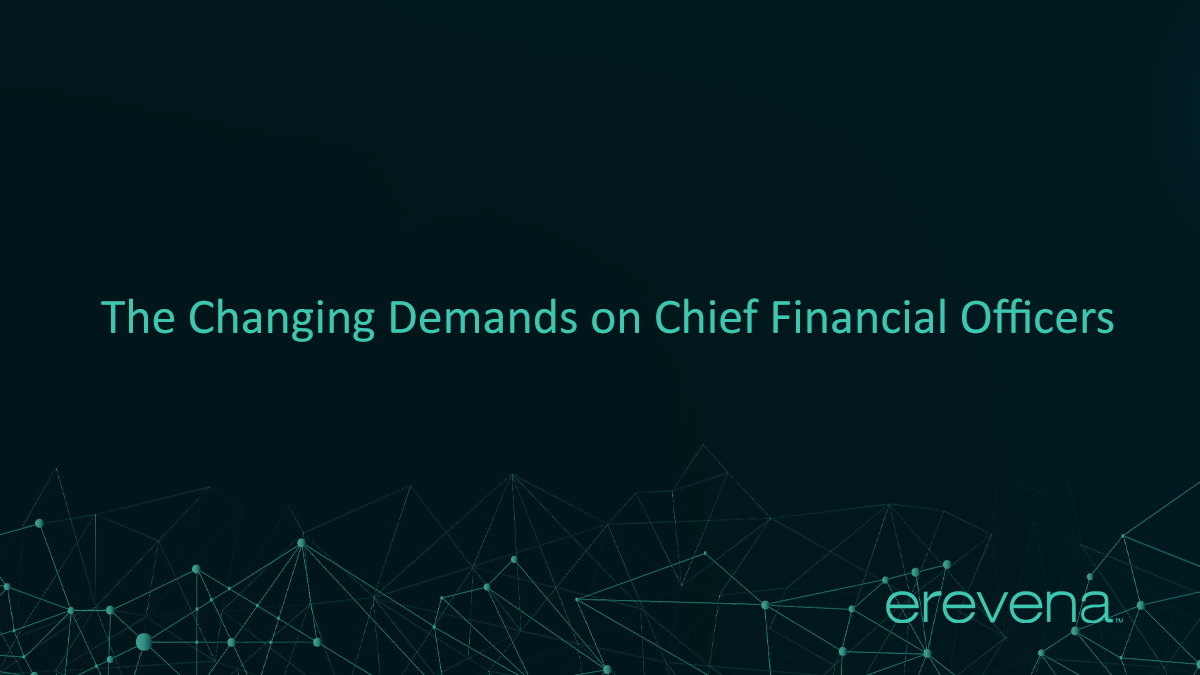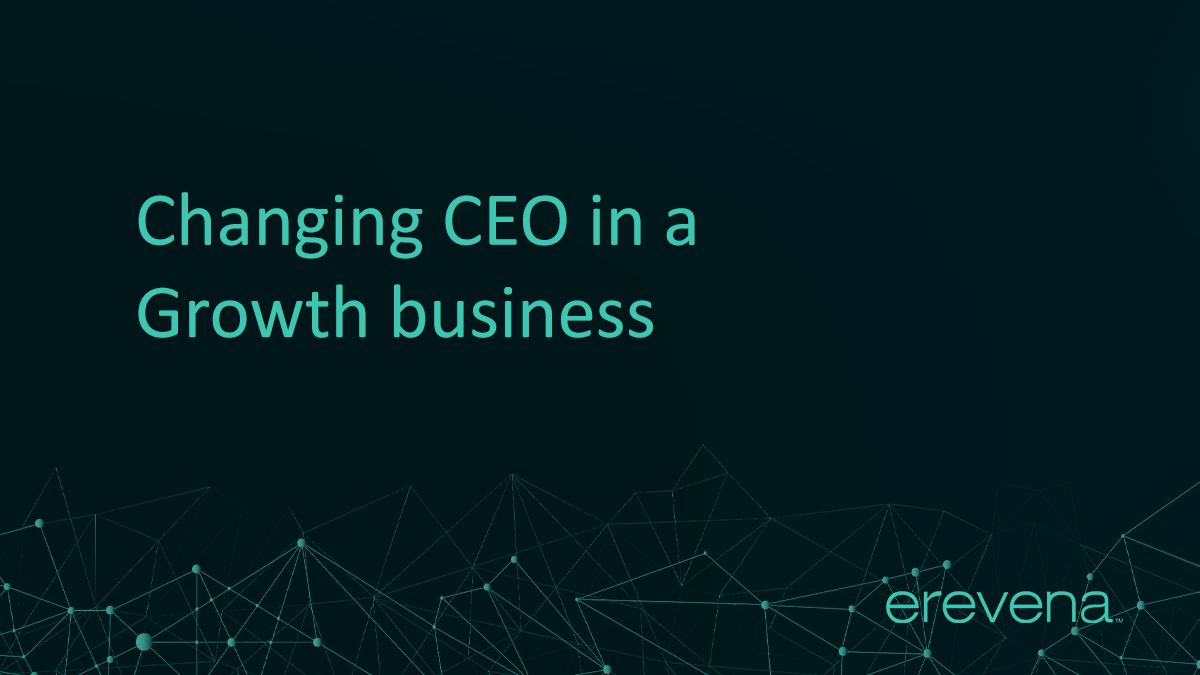The profile and demands of CFOs, especially in venture backed technology companies, has evolved enormously over recent years, a trend which has been accelerated by the COVID pandemic. Fundamentally their role today is less about reporting historic numbers and more about future and forward planning. Being a CFO in these rapidly scaling and uniquely challenging environments is no longer about being a number cruncher, they need to deliver their value in different ways as their remit evolves and they play a more active leadership role. Hiring the right CFO is a game changer.
I wrote a piece last year about the evolving nature of CFO’s in high growth tech, exploring when in a company’s lifecycle they should look to hire one, and 2021 sees a continuing theme of investors demanding to see strong financial leadership at the helm of their interests from as early as can be afforded.
This is a point which has been accentuated with the increased market volatility that has come with COVID-19. The role of the CFO is no longer just additive it is mission-critical, and the pandemic has only heightened the demand for strong for leadership.
The changing demands placed on CFO’s during the pandemic focus on three core areas:
Leadership – more so than any time previously the CFO has been propelled into leading every decision- making conversation from people, to operations, and business transformation. Aside from this strategic decision making, employees are looking to the CFO to provide assurance, clarity and direction, and that ability to communicate effectively as a leader and as a voice of trust has been made more challenging with the shift to working from home.
Modernity – a willingness to adopt and embrace new technologies and automation around areas such as financial analysis, forecasting, BI, and scenario modelling to ensure data driven and accurate decision making and allow organizations to respond in real time and in the right way to what that data is telling them. Some organizations – and indeed many we work with – are ahead of the curve here and are reaping the rewards. Neither of these first two trends are new, they have been talked about for some time, the difference is that the time to adopt this approach is now, and not as part of a pipeline of gradual change. CFO’s who fail to adapt, who fail to accept this is the future and fail recognize its value are being left behind, and their employers with them.
Focus on financial robustness – There have been high-profile winners and losers during the pandemic and unfortunately, we have seen some of the world’s most talked about companies collapse almost overnight with their revenue streams ripped from underneath them. Whilst there is no way to negate every eventuality, there is certainly an increased emphasis on financial robustness with investors opting to take a more pragmatic approach than they may have previously done. This increased diligence from even the largest funds with the greatest amount of capital to deploy means CFOs and prospective investees must stand up to greater scrutiny.
The evolution of the role of the CFO during these times has accelerated quicker than perhaps any other executive function. We have been reminded recently of the critical role a strong CFO plays in helping a company achieve its goals with individuals Erevena has placed at the heart of key deals such as Matillion’s recent $100m Series-D Fund Raise, Humio’s Series-B Fund Raise and subsequent $400m acquisition by Crowdstrike, two great UK B2B software success stories which are having a significant impact on the world. We have also recently supported the likes of Soldo, Wire and GPS in their searches for CFOs, all leaders in their field and who have seen encouraging growth in the last year.
If you’re considering investing in a CFO and would like some advice or assistance, please contact me at [email protected]
Share this article:













